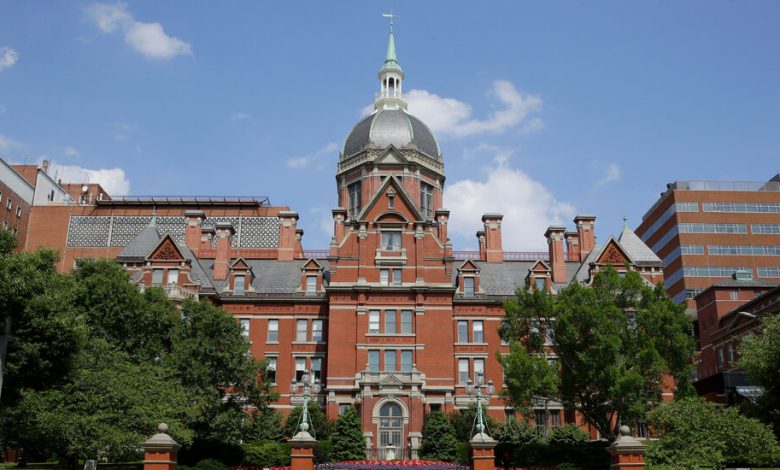Bloomberg’s $1 Billion Gift for Free Medical School Applies but Not to All

How rich is too rich to receive free tuition at medical school?
That is the question raised by the $1 billion gift from Bloomberg Philanthropies to Johns Hopkins University to cover tuition for most of its medical students, announced on Monday.
The gift put the charity set up by Michael Bloomberg, a former mayor of New York City, in the same league as the $1 billion donation from Ruth Gottesman, a longtime professor at Albert Einstein College of Medicine in the Bronx and the widow of a Wall Street tycoon. Her gift to Einstein in February promised that no medical student there would ever again have to pay tuition. And New York University’s medical school began covering its students’ tuition in 2018, helped by a $100 million contribution from Kenneth G. Langone, a co-founder of Home Depot, and his wife, Elaine.
But there is one key difference among the programs: Mr. Bloomberg’sgenerosity is means-tested, given only to students whose family income is under $300,000 a year. The programs at Einstein and N.Y.U. cover all medical students, regardless of income, need or merit.
Before the Bloomberg gift, tuition at Johns Hopkins came to roughly $65,000 a year for four years, a hefty sum even for a family earning $300,000 a year. The university estimates the overall cost of attending, including living expenses and fees, at more than $102,000 in the first year.
What makes $300,000 the right cutoff? And should medical school students be compelled to rely on their parents, however wealthy, for tuition?
Aides to Mr. Bloomberg say that the cutoff was carefully calibrated to weigh the total size of the gift — $1 billion — and its maximum impact.